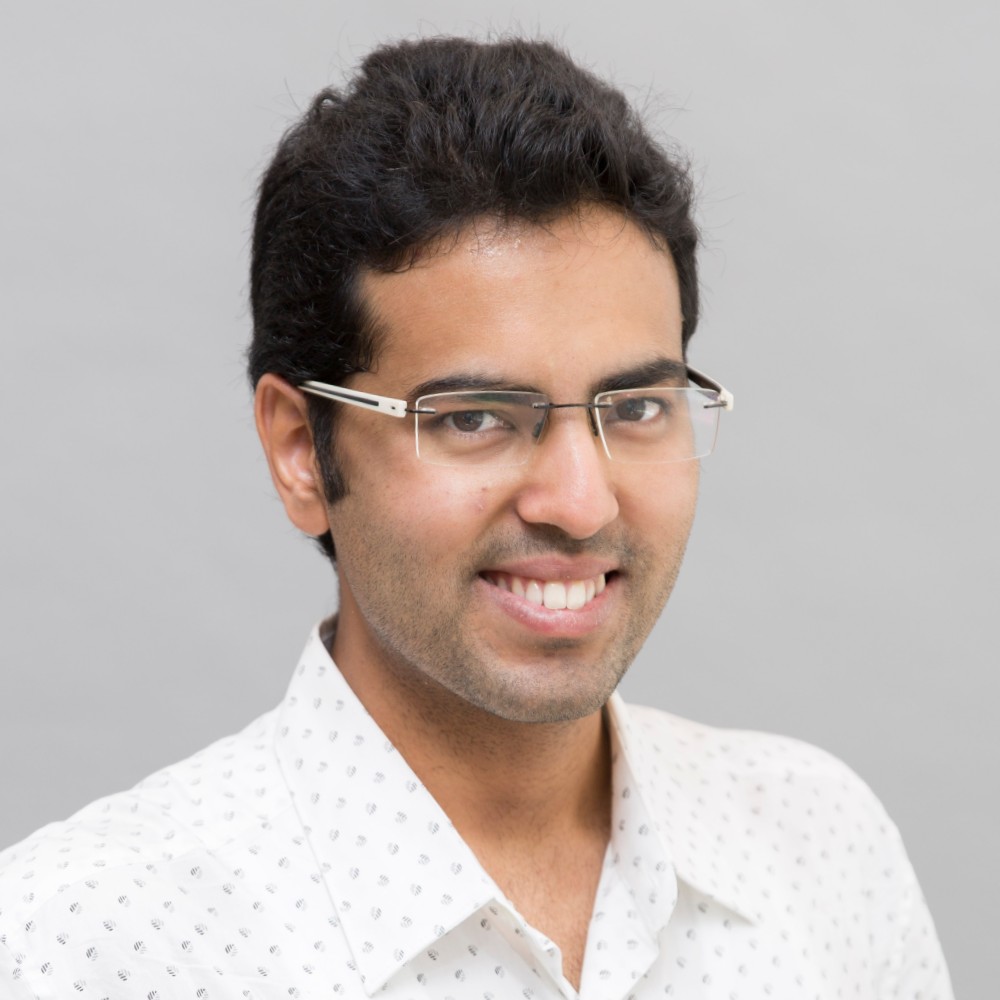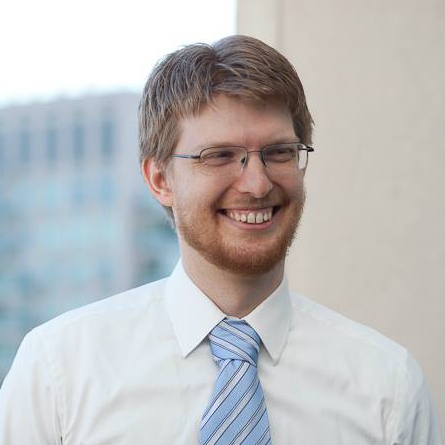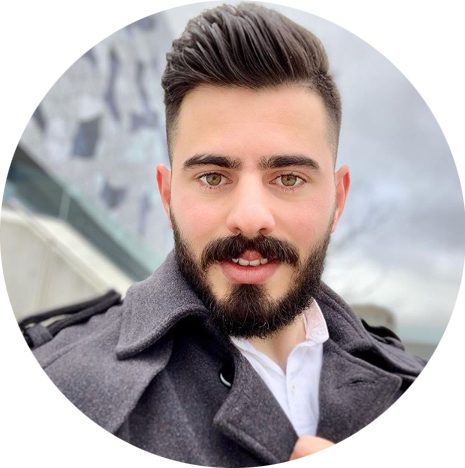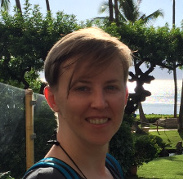Keynote Speakers
Graham Taylor

Associate Professor and Canada Research Chair in Machine Learning
Canada CIFAR AI Chair
School of Engineering, University of Guelph and Vector Institute
Academic Director, NextAI
Title: Advances in Conditional Generative Models
Abstract: In this talk, I will provide an overview of my group's recent work in the domain of conditional generative models. Conditional generative models take some context (the condition) and perform controlled synthesis: text, images, or some other kind of structured output. They are computationally intensive, unwieldy to train and we struggle to evaluate them, given the subjective nature of their creations.
With Facebook AI Research (FAIR) we investigated ways to quantitatively evaluate generative models' outputs in a way that captures quality, diversity and consistency with the instructions we provide them. With FAIR we also showed that more data is not always better when it comes to generative models: a novel automatic data selection process can make training easier and resulting models more robust, with little reduction of diversity. Moreover, this technique massively reduces the computational requirements, making large-scale models more accessible to a wider range of users. In a recent collaboration with Microsoft Research and Mila we advocated for a departure from characteristic "single-shot" type generation. We proposed a method for iterative image generation, inspired by the way a sketch artist composes a scene. Departing from pixel-based outputs, I will also discuss graph-based generative models for constructing physical assemblies, starting with the children's toy LEGO.
Alexander Wong

Canada Research Chair in Artificial Intelligence and Medical Imaging
Member, College of the Royal Society of Canada
Associate Professor, P.Eng.
Co-Director, Vision and Image Processing (VIP) Research Group
Department of Systems Design Engineering, University of Waterloo
Title: Road to Operational AI: Challenges and Opportunities
Abstract: Tremendous advances in artificial intelligence over the past two decades have led to a significant interest in leveraging artificial intelligence across enterprises and industries. However, despite these tremendous opportunities and the significant successes experienced by large, technology enterprises in reaping the benefits of artificial intelligence in delivering better solutions with great value, the widespread adoption of operational artificial intelligence has seen very limited success in many industries and scenarios. In fact, even early successes in adoption have started to surface additional issues that hinder further deployment and adoption. In this talk, I will discuss some of the key challenges in the operationalization of artificial intelligence, ranging from scalability to trust and dependability, and some potential solutions for addressing these challenges.
Sanja Fidler
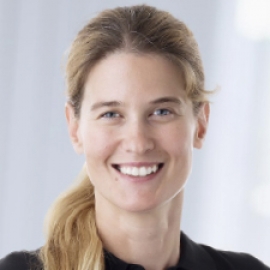
Associate Professor, University of Toronto
Director of AI, NVIDIA
Vector Institute (co-founder)
Title: Towards AI for 3D Content Creation
Abstract: 3D content is key in several domains such as architecture, film, gaming, and robotics. However, creating 3D content can be very time consuming -- the artists need to sculpt high quality 3d assets, compose them into large worlds, and bring these worlds to life by writing behaviour models that "drives" the characters around in the world. In this talk, I'll discuss some of our recent efforts on introducing automation in the 3D content creation process using A.I.
Michael Brown

Canada Research Chair in Computer Vision
Dept. of Electrical Engineering and Computer Science, York University
Title: In-Camera Color Processing
Abstract: This is a two-part presentation. The first part will provide an overview of how your digital camera processes the sensor image (RAW) to the final output image (sRGB-JPEG). The second part of the presentation will discuss research targeting various aspects of the in-camera processing pipeline, including demosaicing, denoising, white-balance, and general color processing.

